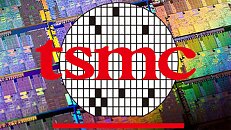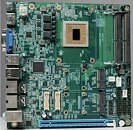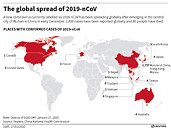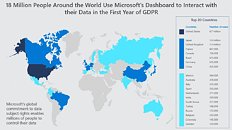
TSMC Pressured by U.S. Government for More Chips to Automakers
The United States Department of Commerce is reportedly pressing TSMC to meet chip orders by automobile manufacturers. The ongoing chip shortage threatens to derail production of automobiles by leading car makers, and is a major source of worry for one of America's largest manufacturing industries. Commerce Secretary Gina Raimondo said that the Department has asked TSMC to prioritize orders by U.S. automobile companies in the near-term.
Secretary Raimondo, speaking at the Council of the Americas event on Tuesday, said that critical supply chains of the semiconductor industry required "re-shoring" (return of manufacturing to the US soil). "We're working hard to see if we can get the Taiwanese and TSMC, which is a big company there, to, you know, prioritize the needs of our auto companies since there's so many American jobs on the line," she said, responding to a question by a General Motors executive. Later on Wednesday, TSMC responded, stating "TSMC has been working with all parties to alleviate the automotive chip supply shortage, we understand it is a shared concern of the worldwide automotive industry."
Secretary Raimondo, speaking at the Council of the Americas event on Tuesday, said that critical supply chains of the semiconductor industry required "re-shoring" (return of manufacturing to the US soil). "We're working hard to see if we can get the Taiwanese and TSMC, which is a big company there, to, you know, prioritize the needs of our auto companies since there's so many American jobs on the line," she said, responding to a question by a General Motors executive. Later on Wednesday, TSMC responded, stating "TSMC has been working with all parties to alleviate the automotive chip supply shortage, we understand it is a shared concern of the worldwide automotive industry."






































